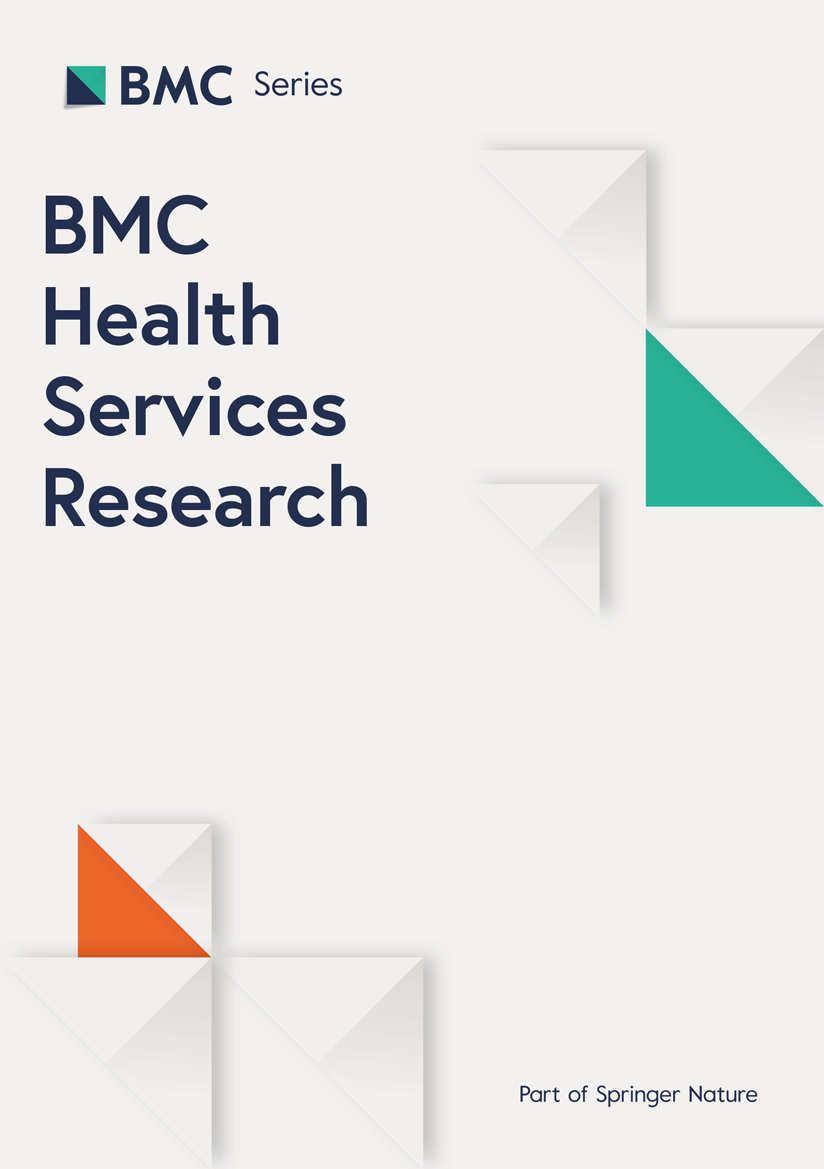News
Women who have less than two antenatal visits are 15 times more likely to drink alcohol later in pregnancy, a study found.
The highest rates of smoking in early and late pregnancy are among women who do not receive any antenatal care.
Experts are calling for a bolstering of ‘compassionate, non-judgemental antenatal care’ after a study found antenatal visits are key to reducing smoking and alcohol consumption rates in pregnancy.
The University of Queensland-led study suggested women who have less than two antenatal visits are around 15 times more likely to drink alcohol later in pregnancy.
It also found women who are single, do not receive antenatal care or have less than two antenatal visits throughout their pregnancy, or have a recorded mental health condition, have the highest rates of smoking in both early and late pregnancy.
The University of Queensland’s Dr Claudia Bull said the data shows alcohol use during pregnancy has dropped dramatically, but smoking is more persistent.
‘This tells us we need different strategies for different substances,’ she said.
‘Our research shows many women reduce or stop smoking and drinking once they know they’re pregnant, but not everyone gets the support they need to make those changes.
‘Public health campaigns and support services need to focus on the early stages of pregnancy, even before conception, especially when it comes to alcohol.
‘For smoking, support needs to continue throughout the entire pregnancy.’
For the study, researchers examined data from more than 57,000 women who gave birth in Queensland in 2022–23.
In assessing the risk of tobacco smoking and alcohol use, the study investigated sociodemographic factors such as number of antenatal visits, previous pregnancies, medical conditions, age, marital status and place of residence.
The University of Queensland study comes after separate research, released earlier this year, analysed the success of public health campaigns that highlight the risks of alcohol consumption while pregnant.
It found that among pregnant women who have seen the ‘Every Moment Matters’ campaign, run by the Foundation for Alcohol and Education, there was a 14.2% increase in the number consuming no alcohol during their pregnancy.
This led to an estimated 2002 fewer cases of fetal alcohol spectrum disorder, 369 fewer low birth weight babies, and 958 fewer premature births.
Dr Bull said the data is a ‘powerful reminder’ of how vital early and regular maternity care is, and how critical it is to make antenatal care more accessible.
‘Compassionate, non-judgemental antenatal care can make all the difference, especially for women facing challenges like mental health issues or living in a remote area,’ she said.
‘This study calls for better messaging as well as more compassionate and culturally responsive care, especially for under-served groups.
‘It’s not about telling women what not to do, but supporting them with the right care at the right time.’
Log in below to join the conversation.
alcohol antenatal care pregnancy smoking
newsGP weekly poll
To what extent has President Trump’s linking of taking Tylenol/paracetamol in pregnancy to autism affected your practice?
link






